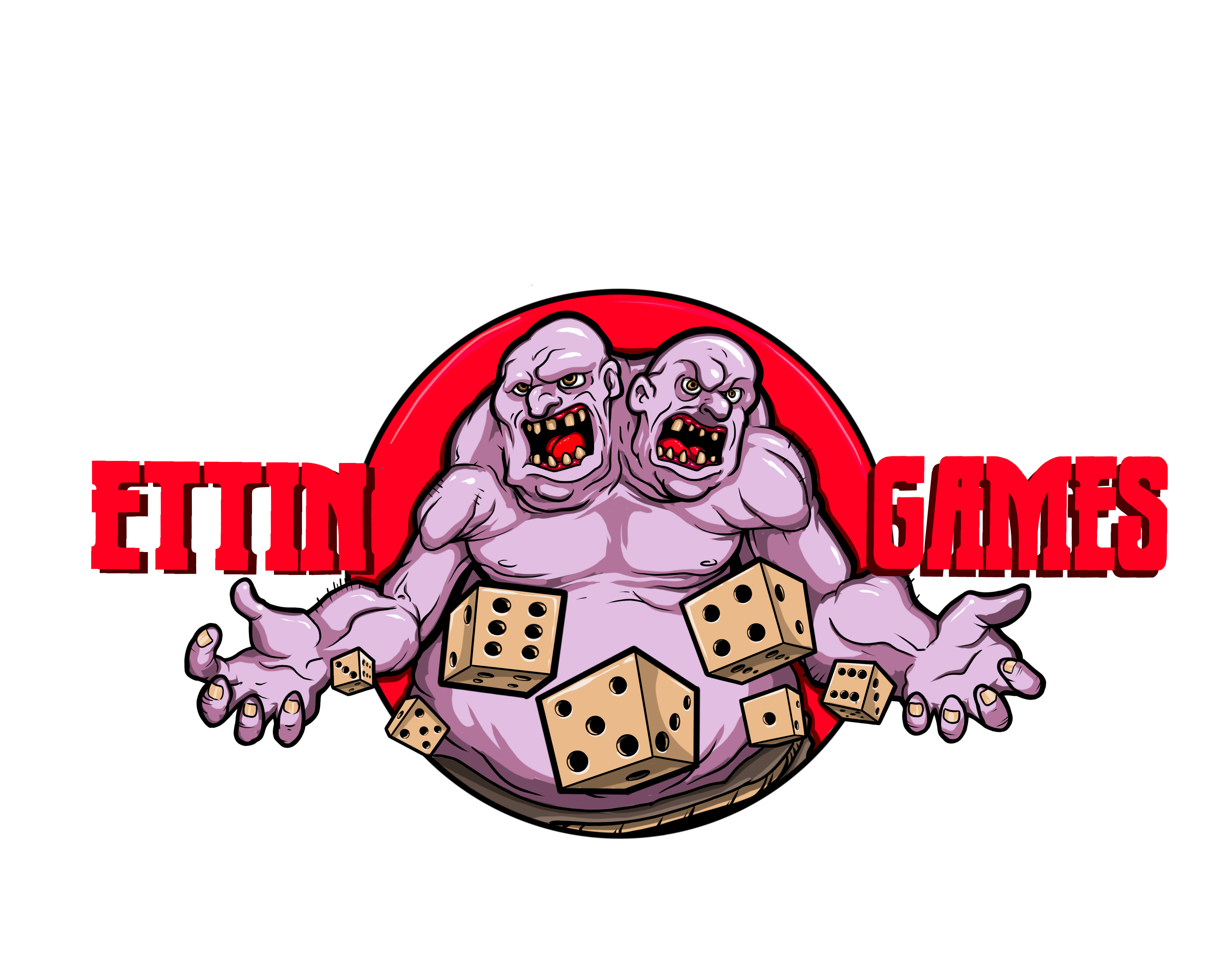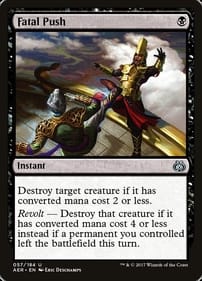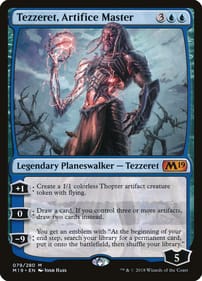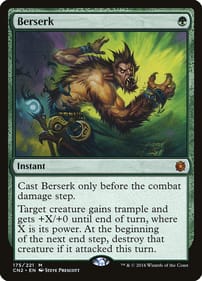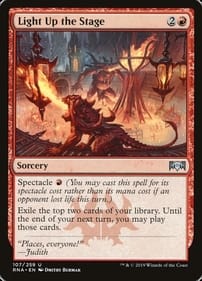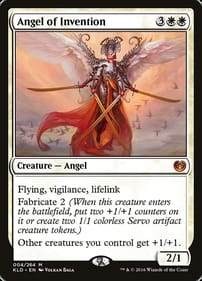Written by Ryan Young
With a plethora of articles popping up in the past couple of weeks about cheating, cheaters and bad actors in the game that we all enjoy, I thought it would be poignant to talk about ways to help prevent those that may choose to play 40K in a different manner than the Tabled Talk team and honestly, most of you all reading this. Trigger warning: if this isn’t how you are playing 40K, then the article title wasn’t just about your 7th grade crush who hurt you, it is you that's the problem….
There are a handful of tips on how to deter or prevent cheating, or what feels like cheating by communicating, and not just communicating, but over-communicating. A simple suite of questions before the game begins can solve many of the gotcha moments that unfortunately occur.
- Ask your opponent some non game questions like, where are you from, where do you play here in town, I love that color on that unit, what is it, how long have you played?
- Ask some specific game questions like, any fights first, advance and charge, fall back and shoot/charge, what strats do you use a lot, what is X units max threat range, any units that can go into Reserves and come back down, even on turn 1, clarify the mission and mission rule so you are both on the same page.
- Most importantly, discuss with your opponent if you are playing by intent or not. Honestly, hopefully everyone plays by intent as we are imperfect people playing an imperfect game with imperfect movement and imperfect measurements.
So, I am supposed to tell my opponent all of my cool tricks?
- Yes, at least at the beginning of the game. Explain your list, what it does, the neat interactions you can do.
- No, you do not need to remind your opponent during the game about a Reactive Move, Fight on Death, or a 6” consolidation or other shenanigans that you have.
- Yes, I would still probably remind my opponent about it the first time it comes up, but that’s a personal decision. I want to play the best game of 40K possible and that includes my opponent knowing all of my tricks, and as a GSC and TSons player, there are a ton.
So, let’s elaborate a bit on ‘playing by intent.’
- Before you move a model, measure its movement, mark it, check to see if you can see what you want to, ask your opponent, agree or disagree, then you can adjust if need be. If your opponent agrees that his unit can be seen. Measure the entire distance between two units, subtract the move characteristic, now you know what you need to roll to make that charge, you have that agreed upon before models move. I’ve had people place two dice showing the number needed by that unit so it is known for all. Communication is key.
- Declare what units are doing what actions as many times as possible, out loud. If your Rhino is going to do Cleanse, say it repeatedly in movement, in case you forget it shooting. A good opponent won’t have a problem with that, because you declared your intent while moving.
So, what is not ‘playing by intent.’
- Giving the max threat range of a unit as 16”, and leaving out the information about advance and charge, or an auto advance of 6” or 9”. Hey there, what if I just forgot I could do that until the moment? Great question, thanks for asking. Allow your opponent to move his models back to a distance that remains outside of the threat range.
- You declare that you’re moving your unit 2" of its 6 inch movement to the 18” mark so it can shoot a Nurgle blessed unit, then your opponent measures and says, you are at 18.5”. Because your intent was announced during movement and your entire movement wasn't utilized, it's fairly easy to argue that you may position to correct what was your clear intent to shoot that unit. Communication is key.
So, does that mean that you should allow take backs?
- Neither of the examples above are take backs, those are playing by intent and clearly communicating with your opponent.
- If you think allowing Swooping Hawks or Callidus Assassin to go into reserves at the end of a turn is a take back, then just like that 7th grade crush, it is you and it is your fault.
So, should I allow take backs then?
This is a terribly difficult question to answer. The event itself and what is at stake matter a lot. At a FLGS play night, everytime I will. Team testing days, everytime I will. If I’m 4-0 at a GT, that’s a lot harder, but I probably still will unless my opponent chooses not to play by intent from the beginning of the game. If I’m 1-3 at a GT, take back all you want.
To summarize, playing by intent is playing 40K in a way in which you and your opponent agree on what’s happening in the game, discuss honestly the cool things in your army and try as much as possible and make sure that both people are having a good time, after all, it is a game of toy soldiers that we paint.
Thank you for reading! Want more Tabled Talk? Go to tabledtalk40k.buzzsprout.com to find our podcast or search Tabled Talk wherever you listen to podcasts.
